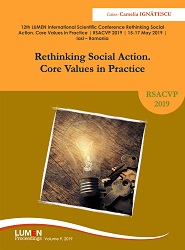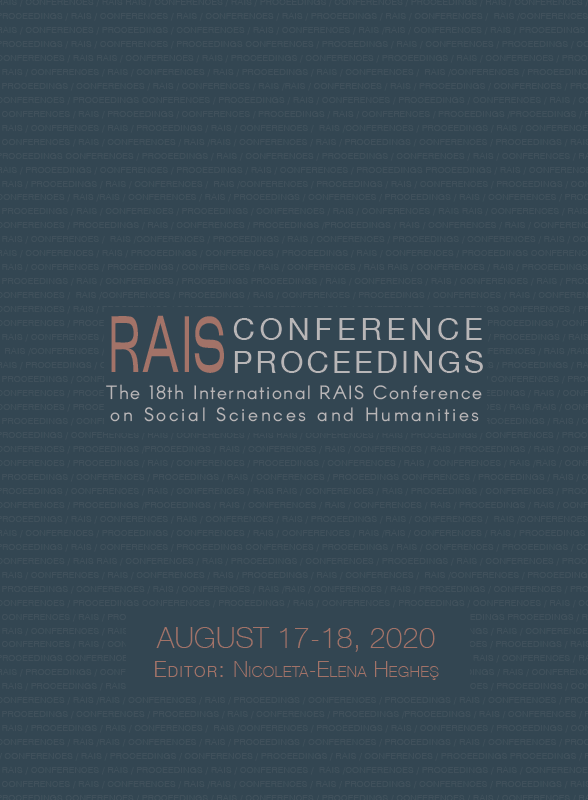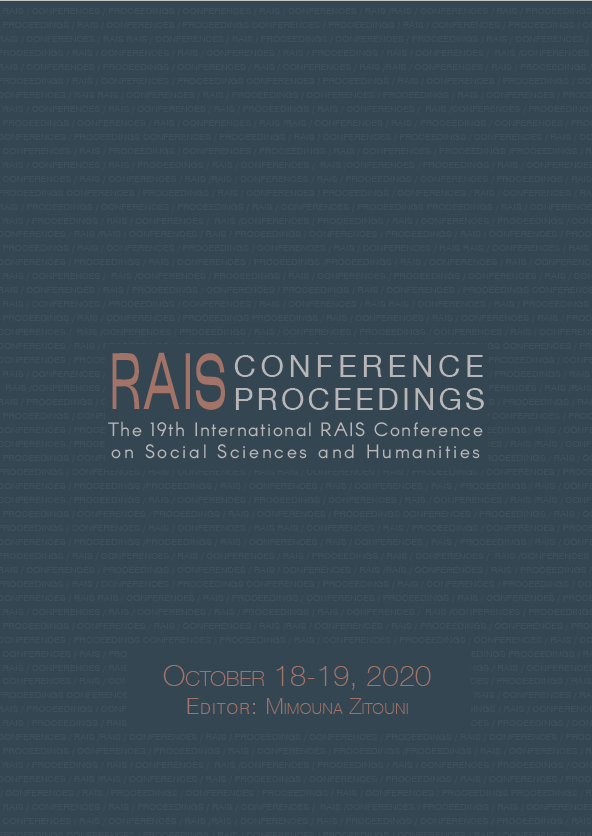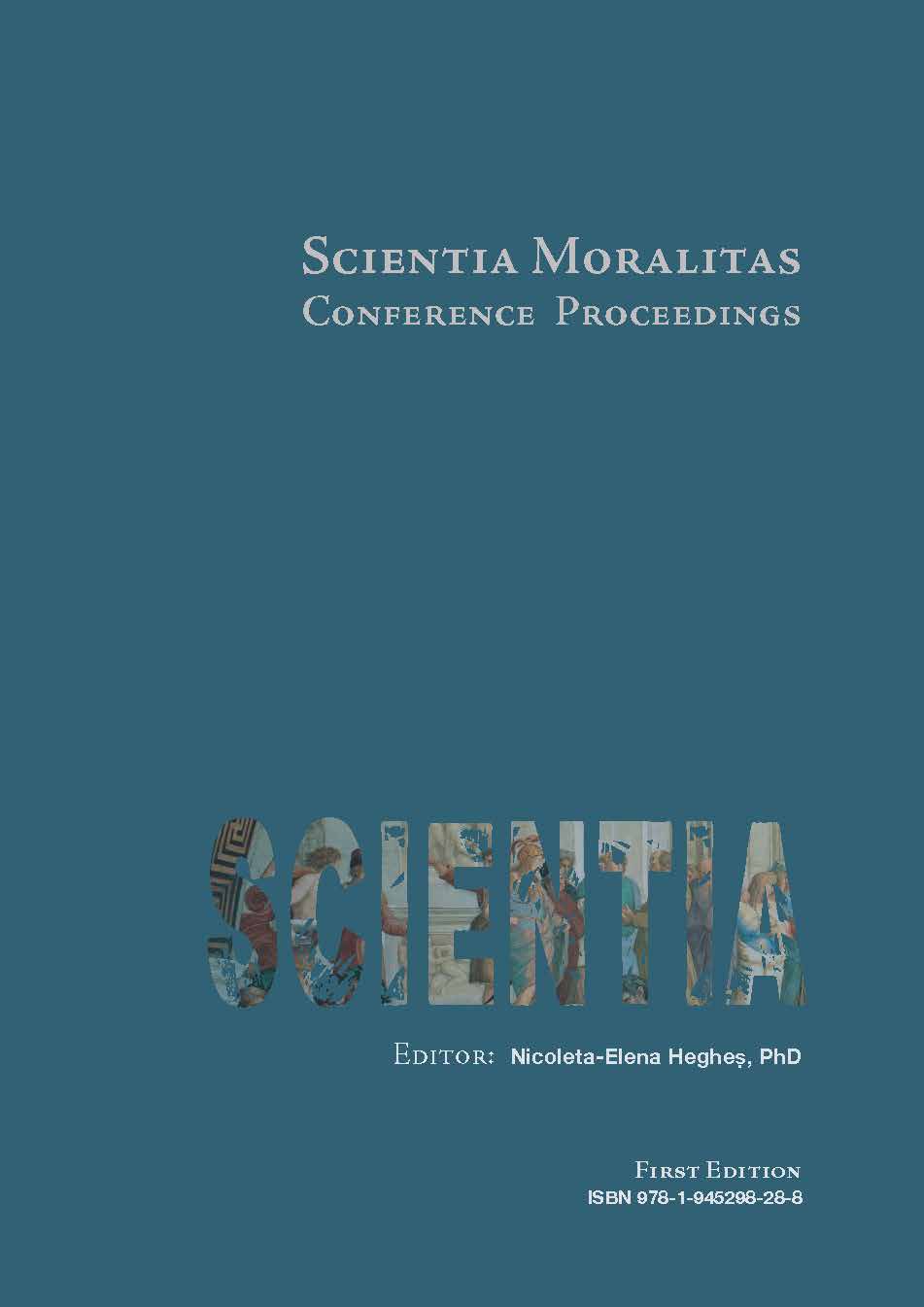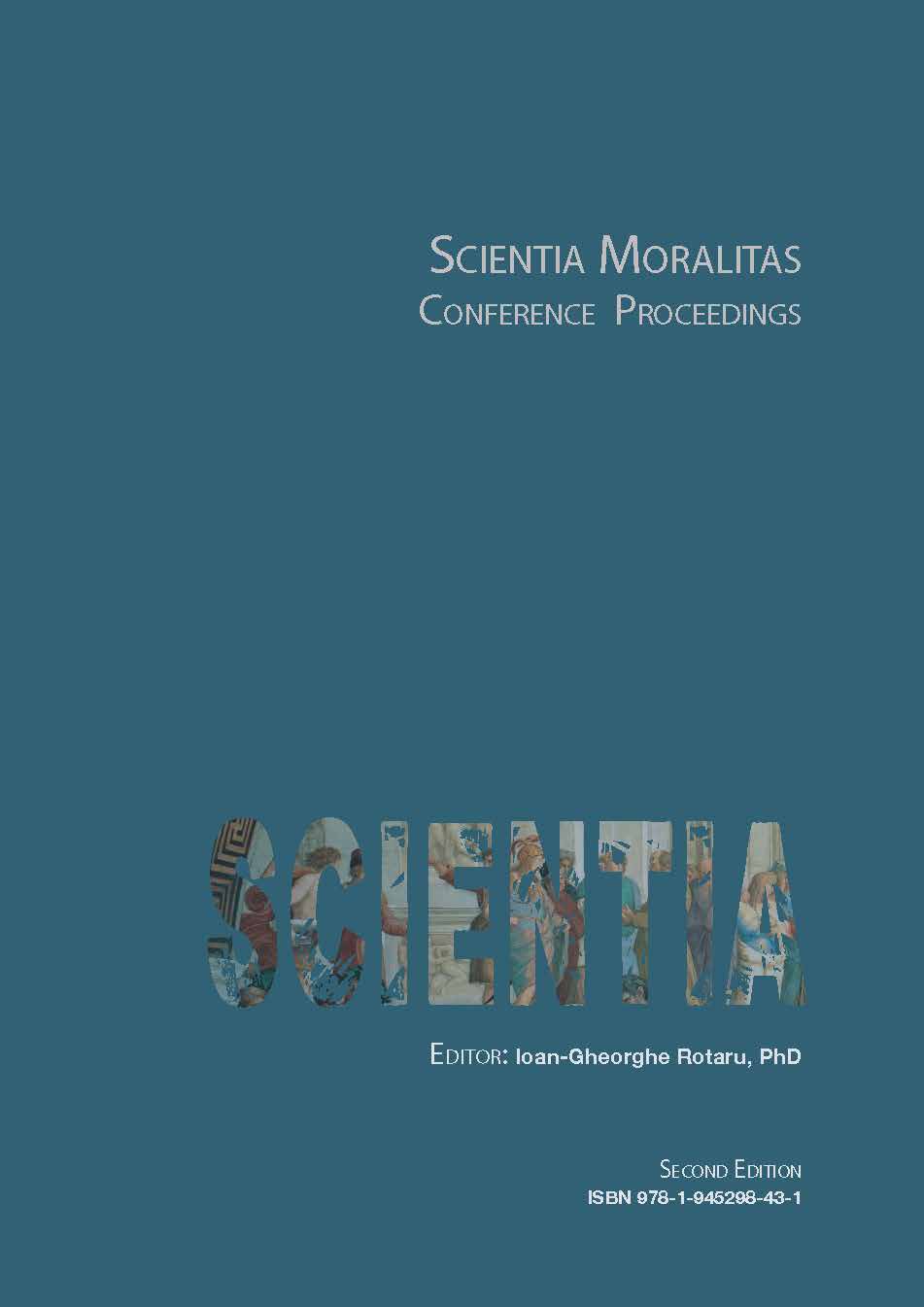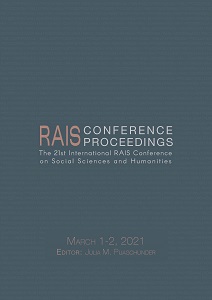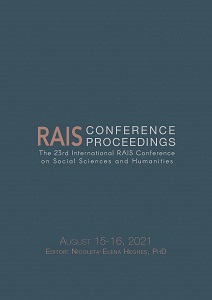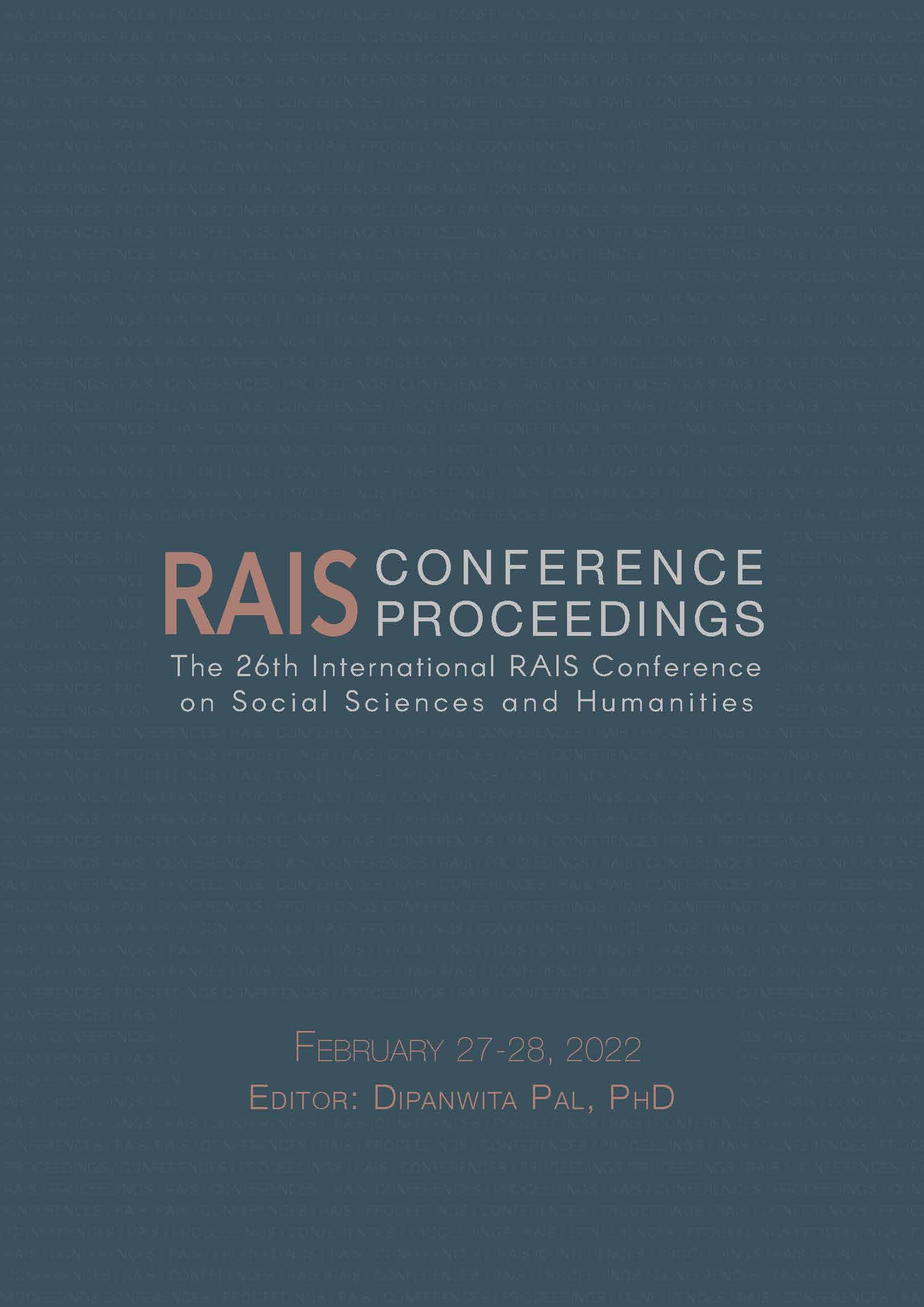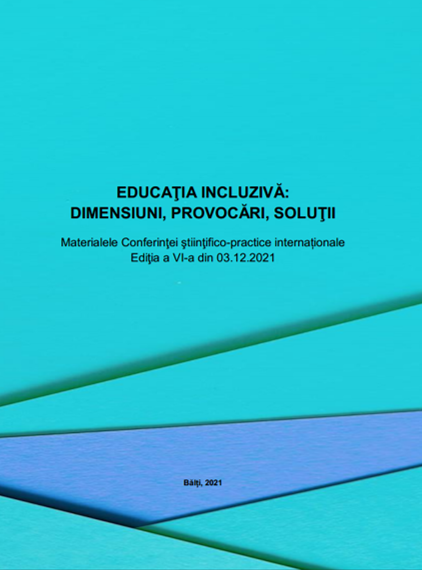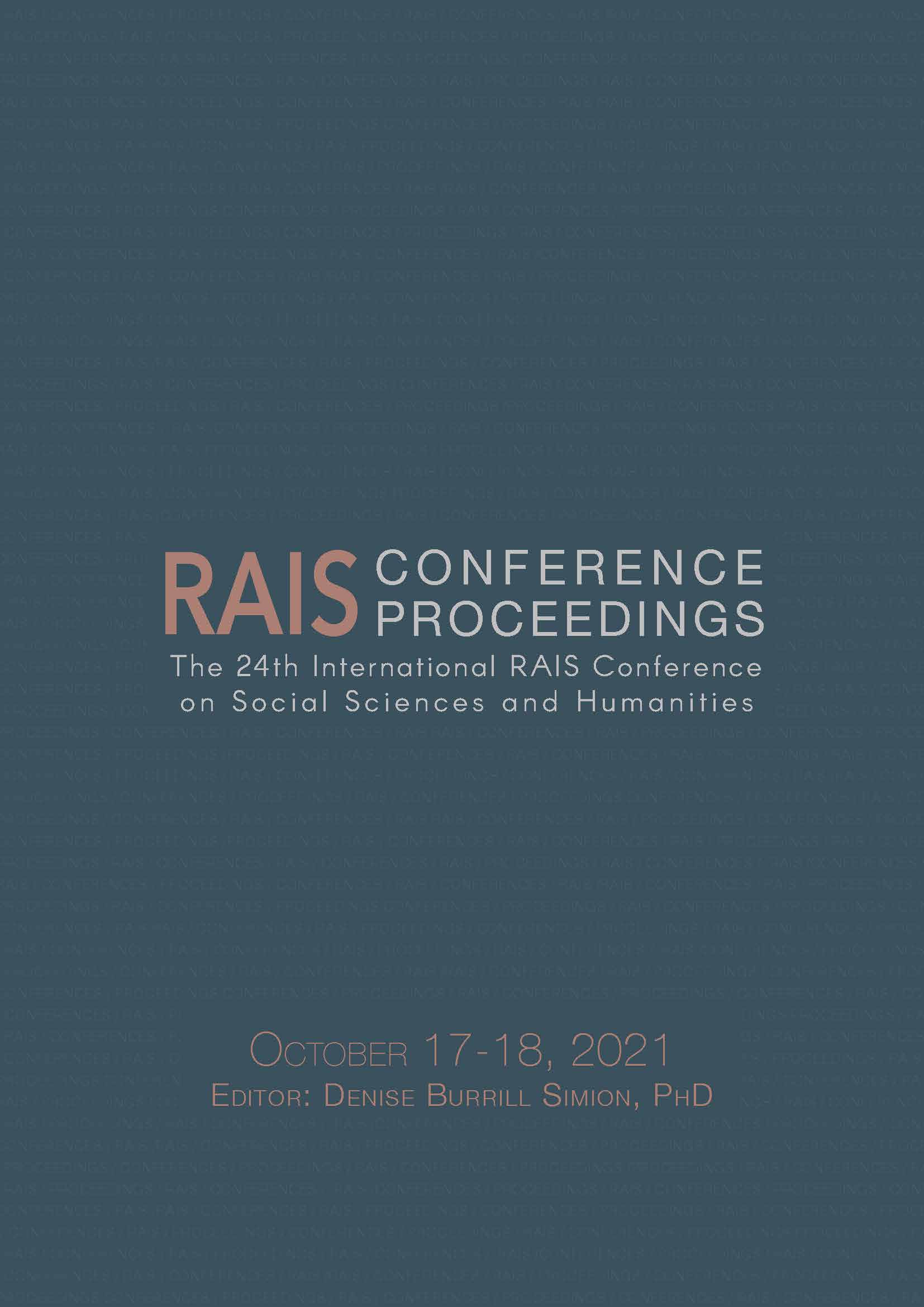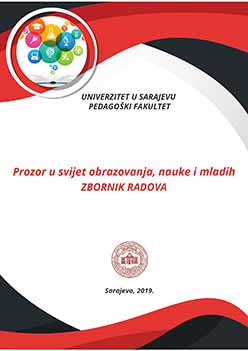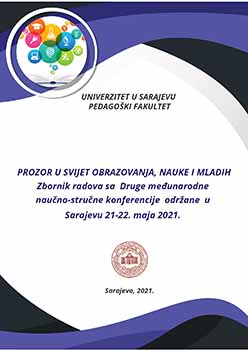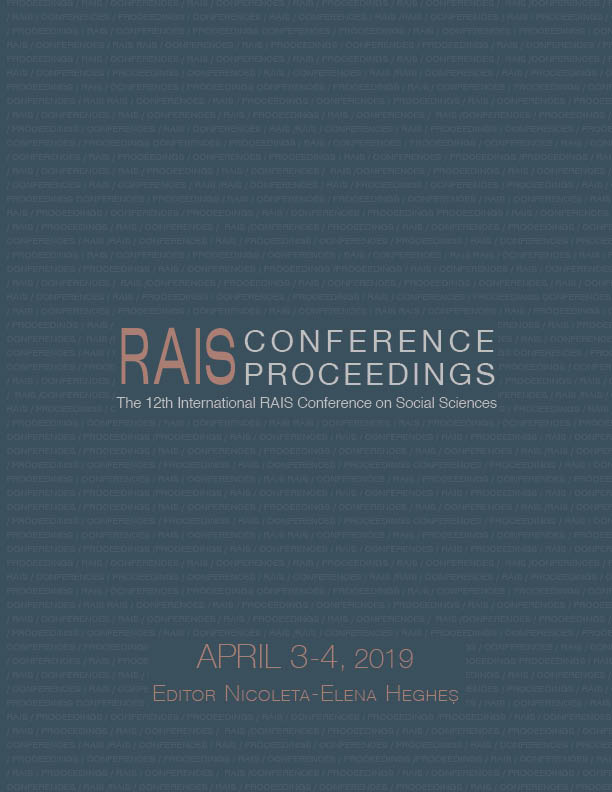
Affirmative Action in Post-Secondary Education: Contrasting Approaches in Brazil and Canada
This paper compares and contrasts approaches to affirmative action that are intended to increase access to post-secondary institutions to students racialized as Black and Indigenous in Brazil and Canada, respectively. Both of these demographics are underrepresented in post-secondary institutions in these countries, as a result of the legacy of colonization and systemic racism within these nations. To explore various approaches to affirmative action a comparison of several documents are made including: the Brazilian Federal Law 11.645/ 2008, which obliges the addition of the History and Culture of Afro-Brazilians and Indigenous people to the national curriculum; the Brazilian Federal Law 12.711/2012, which supports access to federal universities and other federal educational institutions through quotas (best known as the "Quotas’ Law"); and the Truth and Reconciliation Final Summary Report (2015), which provides 94 calls to action for the Canadian government to redress the issues created by the residential school system. Through document analysis, a list of affirmative actions is compiled, followed by an analysis of their implementation. Moreover, data related to racialized students who have benefited from these approaches, highlight the importance of affirmative actions to build more inclusive democratic systems.
More...
